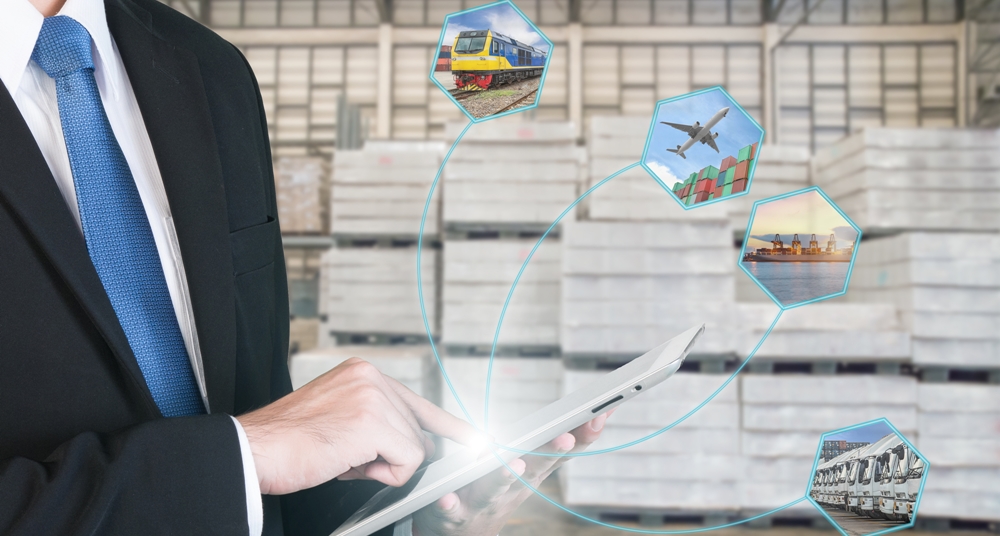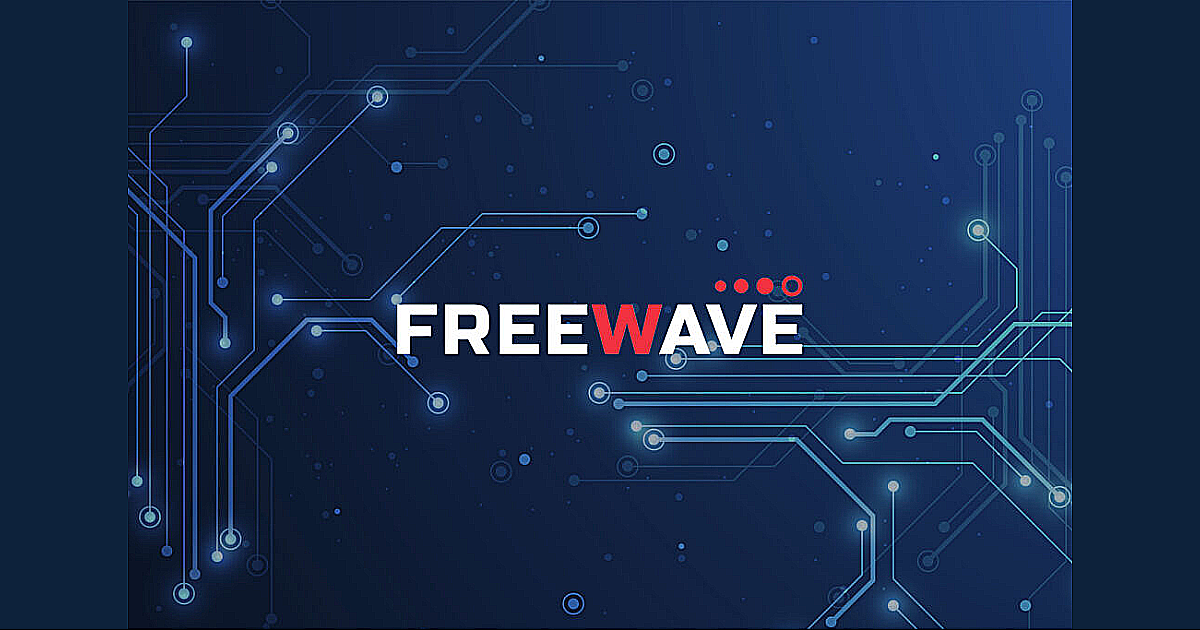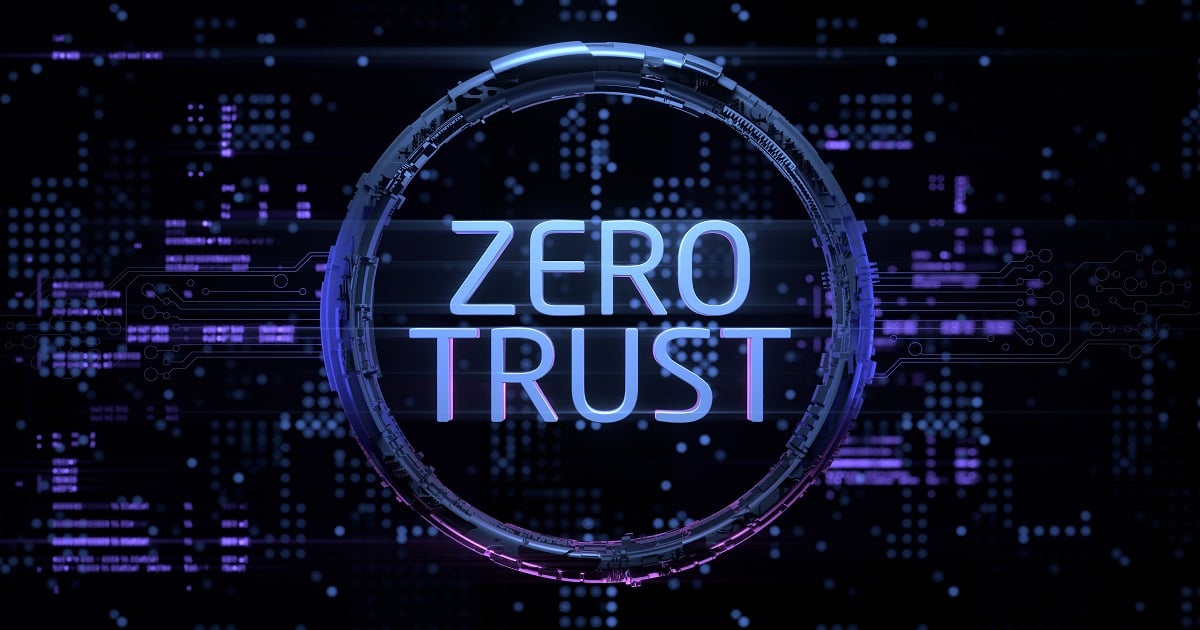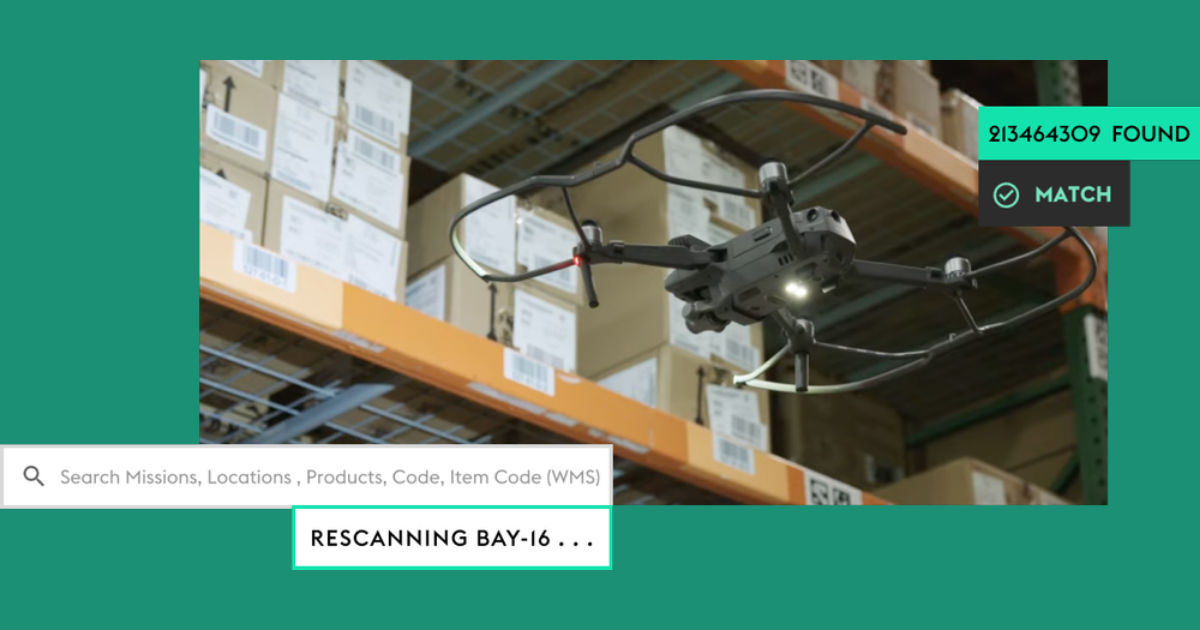
The Internet of Things (IoT) is changing the way we look at everything from cooking and storing food in the home to tracking products as they move from the factory to store shelves. The logistics industry is just the latest in a long line of sectors adopting this new connected technology. How is the supply chain benefiting from adopting the IoT?
1. Improved Inventory With IoT Asset Tracking
Inventory systems are designed to help supervisors and business owners keep track of the products they have on hand, but there's only so much these systems can do when they rely on manual input and hand counts to update inventory numbers. IoT takes asset tracking to the next level by providing real-time location information for every piece in the supply chain, simply by adding a small RFID or Bluetooth tracker to the packaging.
IoT asset tracking helps companies keep an eye on their inventory levels, preventing shortages as well as avoiding losses from theft or shrinkage by providing real-time tracking data to the warehouse management software.
2. Improved Supply Chain Transparency
Supply chain transparency has become a growing concern for business owners because consumers are making more environmentally friendly choices and want to know where their products are coming from. One study in 2015 found that 66% of shoppers were willing to pay more for a product if the company was committed to environmental change and maintained a transparent supply chain.
Supply chain transparency isn't just beneficial to bring in eco-conscious customers. Maintaining a transparent supply chain through IoT can help prevent disruptions that could put the entire chain in jeopardy. With transparency, there is nothing to hide behind if something goes wrong with one of your suppliers. All the information is available at your fingertips as soon as a problem begins.
3. Real-Time Temperature Tracking for Cold Chain Transport
Cold chain transport is an integral part of the supply chain for foods, beverages, pharmaceuticals and chemicals. Each product needs to be kept below a certain temperature during transport and storage. With things like pharmaceuticals, a temperature variation of fewer than 2 degrees could ruin an entire shipment.
Adding IoT to cold chain transport can provide real-time temperature tracking during transport and storage, alerting company owners or supervisors if there is any variation in the interior temp of the trucks or warehouses. If you've only got 2 degrees of wiggle room, swift notification and action could mean the difference between an averted crisis and a ruined shipment.
4. Predictive Maintenance to Prevent Downtime
Most warehouses and supply chains have an established maintenance schedule, taking equipment offline on a strict schedule to inspect and repair it to keep it from failing when it's needed the most. While this is the most commonly used maintenance strategy, it isn't the best one. A study by the ARC Advisory Group found that only 18% of equipment failures were due to age. The rest happened randomly, so supply chain owners need a new strategy to ensure that doesn't happen.
IoT removes much of the need for preventive maintenance, instead of allowing companies to predict when a piece of equipment might need work. IoT sensors monitor the health of each piece of equipment and feed that data back into the warehouse management software, which will in turn alert supervisors and maintenace teams when something needs to be taken offline and repaired, preventing costly downtime and equipment failure.
5. Fleet Management
If your warehouse is also responsible for a fleet of vehicles — from trucks and vans for deliveries to forklifts and cranes within the facility — IoT can help improve the quality of your fleet management. Equipping your fleet with IoT sensors can help you keep track of vehicle maintenance levels, alerting you if there's a problem or something needs a little tuneup.
IoT sensors an also track vehicle fuel efficiency and even driver behavior so you can ensure your delivery drivers are safe behind the wheel.
6. Smoother Last-Mile Deliveries
Last-mile deliveries are among the most challenging because they take up so much time. Companies have been looking for ways to improve this since the advent of ecommerce, and IoT might be the perfect solution. GPS and IoT can create optimized routes to reduce fuel waste and time spent stuck in traffic, thanks to real-time traffic analytics. That same asset-tracking technology used in warehouses can also improve consumer package tracking, streamlining last mile deliveries.
E-commerce is here to stay, which means last-mile deliveries will continue to grow, making IoT adoption nearly mandatory at this point.
The Future of Supply Chain IoT
The IoT is growing exponentially. Supply chains and logistics aren't the only industries that can benefit from adopting IoT technology, but this is one industry where it might not be optional for much longer.
Edited by
Ken Briodagh





